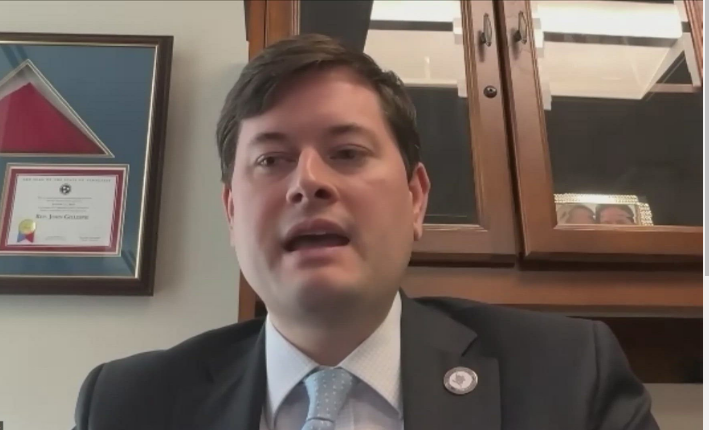In Memphis, Tennessee, a new legislative proposal introduced by Representative John Gillespie is stirring significant concern among parents. The bill, House Bill 1930, also known as the Parental Accountability Act, aims to address the city’s escalating juvenile crime rates by holding parents financially responsible for their children’s repeated criminal activities. This move comes in response to a noticeable 30% increase in juvenile charges in late 2023 compared to the previous year, prompting Rep. Gillespie to describe the crime situation as “out of control.”
The Controversy Surrounding the Parental Accountability Act
Under the proposed bill, parents or legal guardians of a child found delinquent in juvenile court for a second time or more would be required to pay a fine of $1,000, in addition to any punishment meted out to the child. Rep. Gillespie’s rationale for the bill is to foster parental responsibility, particularly in cases where family members may be neglecting their duty to supervise their children adequately. “This is an attempt to hold them responsible,” Gillespie stated, emphasizing the need for parents to be more attentive to their children’s actions.

However, the bill has not been met with unanimous support among Memphis parents, many of whom express concerns about its potential repercussions. Fathers like DeAndre Perkins, a parent of four, acknowledge the necessity of parental accountability but question the fairness and effectiveness of imposing a hefty fine.
One of the most significant concerns surrounding House Bill 1930 is its potential to disproportionately affect low-income households. The fear is that extracting $1,000 from the family of a troubled child could exacerbate financial strain, with critics like Memphis father Leo LaClair skeptical about where the funds would ultimately be allocated. “They take $1,000 from the parent of a troubled child, $9,999 is going to go in some politician’s pocket,” LaClair speculated, highlighting the distrust between some community members and the political establishment.
Balancing Responsibility with Compassion
The debate over the Parental Accountability Act underscores a broader challenge: finding a balance between ensuring parental responsibility and avoiding punitive measures that could harm already vulnerable families. Rep. Gillespie stands by the proposal, arguing that parental negligence is a significant factor in juvenile delinquency. “The only reason this would be happening is because you’re not paying attention to your children,” he asserted.
Read More:
- El Mirage mass murders arrests and motive, Porter Ranch middle school debate | The Rundown 1/29
- 2 arrested after missing Montgomery teen found dead
- Middle East attack kills 3 U.S. Military soldiers
As the Tennessee State Legislature considers House Bill 1930, the Memphis community remains divided on the best approach to curb juvenile crime. While the intention behind the bill is to involve parents more directly in preventing their children’s criminal behavior, the potential unintended consequences for low-income families and the broader implications for parent-child relationships continue to fuel debate. As this legislative proposal moves forward, it will be crucial to weigh the merits of increased parental accountability against the risks of further marginalizing struggling families.

